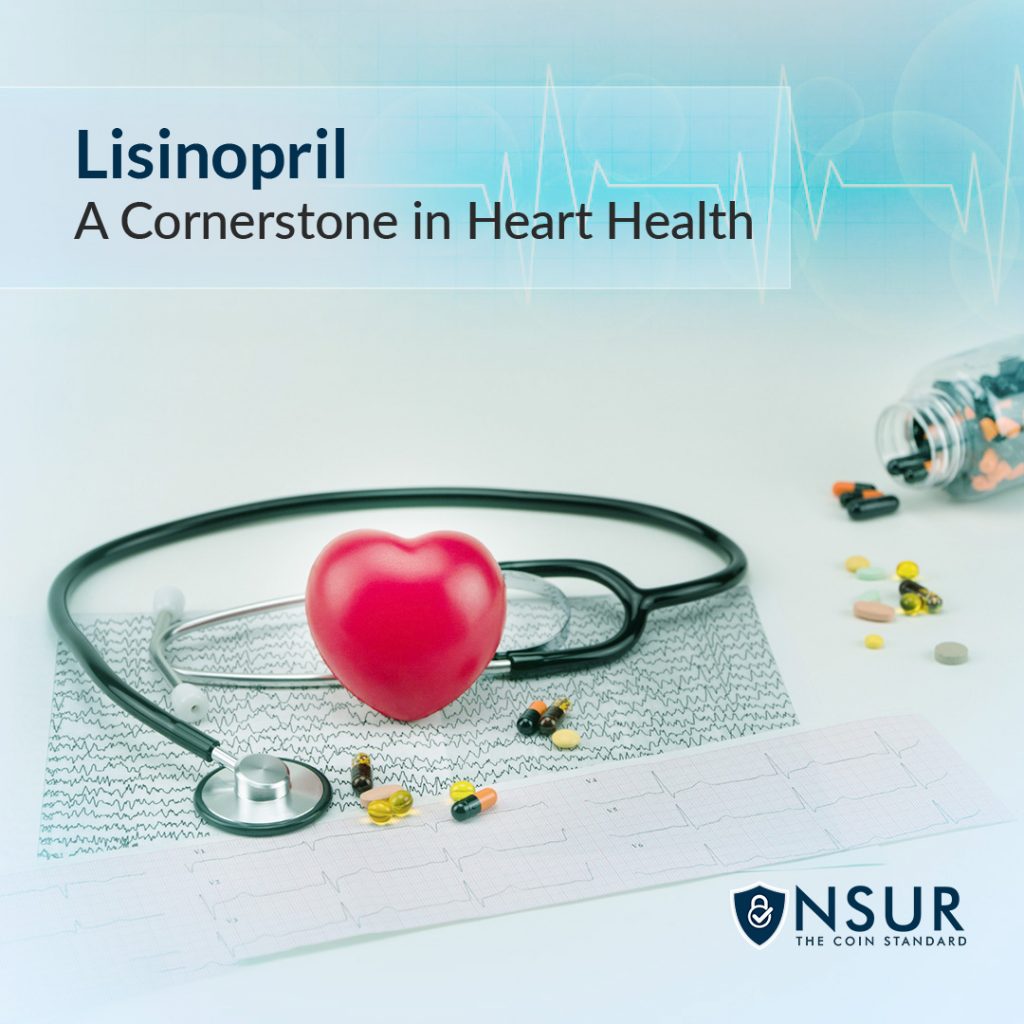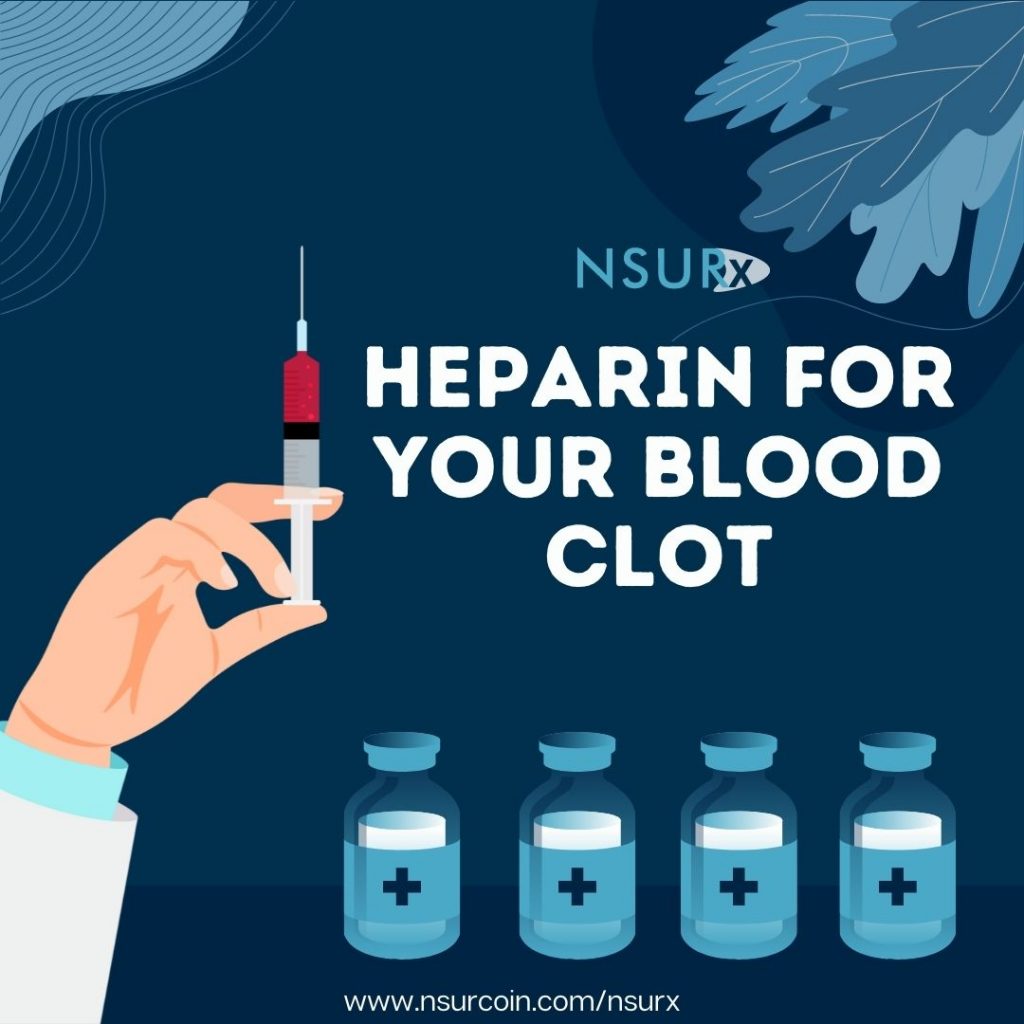
Heart attacks are a leading cause of death worldwide, but advancements in medication have provided us with powerful tools to combat this threat. One such weapon in the medical arsenal is Clopidogrel. In this blog, we’ll dive deep into how Clopidogrel works, its benefits, and why it’s a critical component in the fight against heart attacks.
Understanding Clopidogrel
Clopidogrel, commonly known by its brand name Plavix, is a medication used to prevent blood clots. It falls under the category of antiplatelet drugs. But what does that mean? Platelets are small blood cells that clump together to form clots. While clotting is essential for stopping bleeding, unwanted clotting inside the blood vessels can lead to serious problems like heart attacks and strokes.
How Does Clopidogrel Work?
The mechanism of action of Clopidogrel is fascinating. It specifically targets and blocks a receptor (P2Y12 ADP) on the platelets. By doing this, it prevents platelets from sticking together, thus reducing the likelihood of forming harmful clots. This mechanism is particularly beneficial for individuals who have a history of heart attacks or certain types of stroke, as well as those who have had procedures like angioplasty.
Clopidogrel and Heart Attacks
Heart attacks primarily occur due to the buildup of plaque (a mix of cholesterol, fat, and other substances) in the coronary arteries. This buildup narrows the arteries, reducing blood flow to the heart. If a plaque ruptures, a blood clot can form around it, completely blocking the artery and causing a heart attack. This is where Clopidogrel comes into the picture. By inhibiting platelet aggregation, it helps keep the blood flowing smoothly, significantly reducing the risk of a heart attack.
Who Benefits from Clopidogrel?
Clopidogrel is most beneficial for:
- Patients with a History of Heart Attack or Stroke: Regular use can prevent future occurrences.
- Individuals with Peripheral Artery Disease (PAD): It can reduce the risk of PAD-related events.
- Post-Angioplasty or Stent Patients: It prevents clot formation in the stented area.
Understanding the Risks
While Clopidogrel is highly effective, it’s not free from risks. The most significant risk is bleeding. Since it inhibits clot formation, even minor injuries can lead to more bleeding than usual. Gastrointestinal bleeding is a concern, and those with a history of stomach ulcers should use it cautiously. It’s crucial to discuss the risks with your doctor to determine if Clopidogrel is right for you.
Combining Clopidogrel with Other Medications
Often, Clopidogrel is prescribed alongside aspirin for enhanced antiplatelet effects. This combination therapy is particularly beneficial after a heart attack or stent placement. However, combining medications increases the risk of bleeding, so it’s essential to be under careful medical supervision.
Lifestyle Considerations
It’s important to remember that while Clopidogrel can significantly reduce the risk of heart attacks, it should be part of a broader strategy that includes lifestyle changes. A heart-healthy diet, regular exercise, quitting smoking, and managing conditions like diabetes and high blood pressure are crucial.
Take advantage of NSURx for your prescription drugs!
With the NSURx Prescription Benefit Card, you can save money on your medications at more than 35,000 pharmacies across the United States.
You can save up to 80% on your medication by using an NSURx card. Hundreds of dollars in savings could be yours every time you fill out your prescription.
The more you shop with NSURx, the more NSUR Coins you will receive as a reward.
Conclusion
Clopidogrel has been a game-changer in preventing heart attacks and saving lives. Its ability to prevent blood clots makes it a vital tool for those at risk. However, it’s important to balance its benefits with potential risks, and always consult with your healthcare provider to determine the best approach for your individual health needs. Remember, the battle against heart attacks is fought on multiple fronts, and Clopidogrel is just one part of a comprehensive strategy to keep your heart healthy.
Disclaimer
This blog post is intended for informational purposes only and should not be considered a substitute for professional medical advice. Always consult with a qualified healthcare provider for personalized recommendations and guidance.










